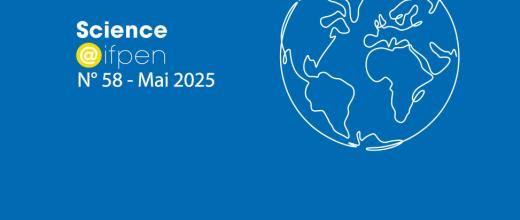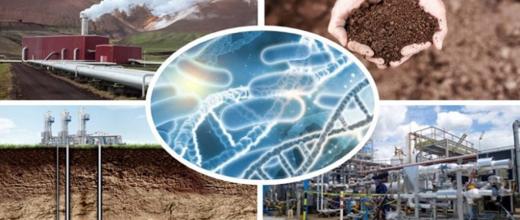Focus on...
A numerical recipe for adapting the landscape map
The climate is changing and it is doing so too fast. The impacts on our environment are already visible in many regions of the world. In such a context, it is important to understand the dynamics of our environment in order to construct tools capable of anticipating the risks stemming from this climate disruption. Among these tools, numerical models offer a very effective solution for testing a wide range of climate scenarios, taking into account numerous physical, chemical and biological processes.
Carbon dioxide removal strategies: a diversified and region-specific approach
Following her PhD thesis at Imperial College London, Dr. Solène Chiquier has been sponsored by the CARMA Chair, hosted by IFP School, to conduct a postdoctoral research at the Massachusetts Institute of Technology (MIT), specifically working within the MIT Joint Program on the Science and Policy of Global Change. This program focuses on interdisciplinary research combining science and policy to address global environmental changes..
Improving ageing monitoring of electric machines for low-carbon mobility
A new study of the effects of tectonics on fluid/rock interactions
Issue 57 of Science@ifpen - French accreditation to supervise research
Pagination
Pagination
FUNDAMENTAL RESEARCH, THE BUILDING BLOCK FOR FUTURE INNOVATION
Objectives pursued, scientific challenges to be overcome, partnerships proposed: watch a video on IFPEN’s fundamental research strategy.
To find out moreResearch in a few figures
-
 1,095R&I engineers and technicians
1,095R&I engineers and technicians -
 30%of budget dedicated to fundamental research
30%of budget dedicated to fundamental research -
 9disciplinary fields
9disciplinary fields -
 15active fundamental research framework agreements
15active fundamental research framework agreements









